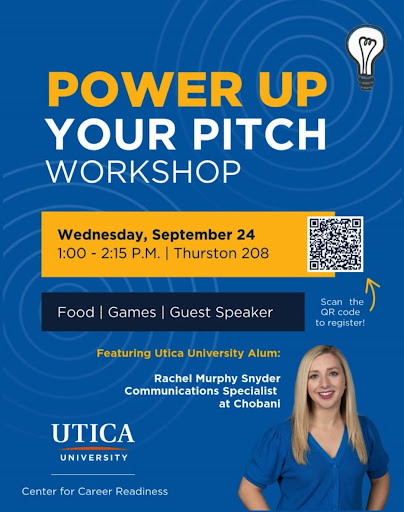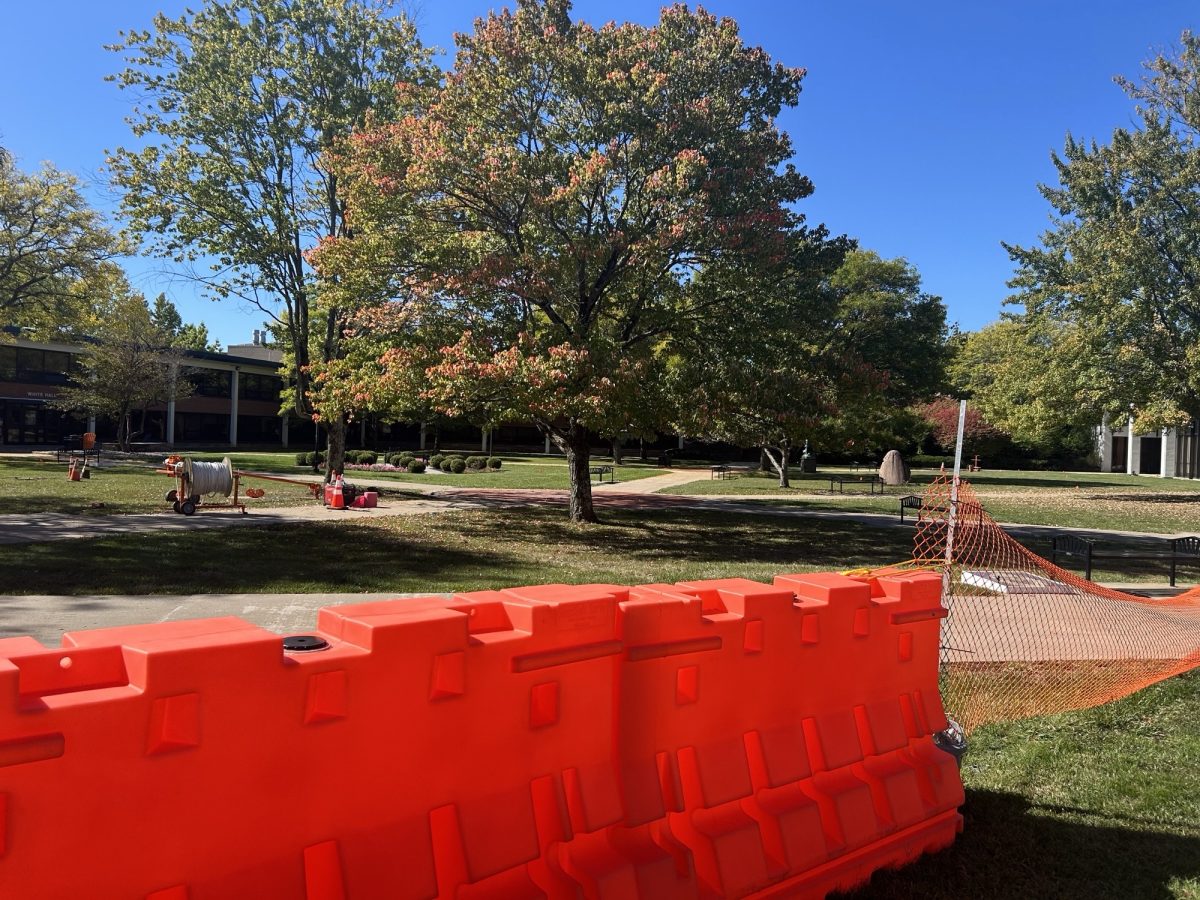Two months ago, seniors were ready to enter a dynamic job market with only 3% of unemployment. Now, students face a different reality where approximately 22 million people have filed for unemployment in three weeks.
“Both the magnitude and the speed of that is just enormous,” said Rick Fenner, professor of economics at Utica College.
The COVID-19 pandemic has shut down the world and halted economic activities worldwide. Although the federal government is pushing for reopening the country, the recent dramatic and speedy loss in jobs now raises questions about what future awaits for seniors graduating within the next few months.
The economics professor pointed out that, “with very short warning,” millions of people are no longer receiving an income. Those are people who have recently lost their jobs, but also business owners, who don’t fall under the unemployed group. And essentially, the economic activity is decreasing drastically because people are no longer producing goods.
“Obviously, we would like to get as much economic activity as we can,” Fenner said. “The problem is that some areas are still suffering. There’s a problem that if we get back too early and the virus now starts to spread again, we may have to shut down again.”
News of a possible reopening were welcomed by hundreds who took to the streets across the country last week to protest stay-at-home orders and asking to be allowed back to work. And while the economy is struggling, the federal government released millions of dollars in aid packages to prevent an economic collapse. Americans will eventually pay back those government aids in taxes, Fenner explained.
This is the economy that seniors will be entering this year, which Sarah Garramone, assistant director of career development, described as an “unprecedented” time for employment.
Garramone said that while the overall economy is struggling, there are some industries that are growing during this time. She said that jobs are needed in areas such as information technology, healthcare, warehouse, manufacturing, sales, finances, construction and utilities, shipping and delivery companies, online learning companies, grocery stores as well as remote meeting and communication companies.
There are still jobs, Garramone explained, the difference is that hiring processes are taking longer while companies figure out opportunities they can hire for.
Fenner recommended postponing any big purchases because jobs may not be available as quickly. And with millions of people being laid off, Fenner said, college seniors are not only going to compete against each other, but they are also competing against people who recently lost their job.
Graduate school might be an option for those recent graduates who will struggle finding a job, Fenner said.
During this time, Fenner and Garramone said students must be patient and prepared to work on their strength as candidates and their connections.
“I think the most important thing to remember is to not give up,” Garramone said. “I highly encourage all students to continue to keep searching for internships and jobs and any other type of opportunity.”
Despite the situation, Fenner also said he is optimistic, reminiscing the 2008 economic crisis.
“The economy rises like an escalator, but it goes down like an elevator, meaning markets fall very rapidly,” Fenner said. “Things will get better, they’ll find a vaccine. Try to make the best of it, but also familiarize yourself with the tools because I believe that some industries are going to see this as a lesson and a path forward.”
Senior Tyler Duglinski said he was employed as an intern during the beginning of the pandemic, which turned into a full-time position shortly after.
Despite the uncertain future that awaits for seniors this year, Duglinski said he is “optimistic” for the future. He said seniors should focus more on staying safe during this time instead of worrying about getting a job.
“This may not ‘blow-over’ the way people may wish, but normality will shift into its new shape when given time,” Duglinski said. “As a generation, we must learn from this pandemic if we have hopes of fighting future outbreaks both medically and economically.”






































































































































